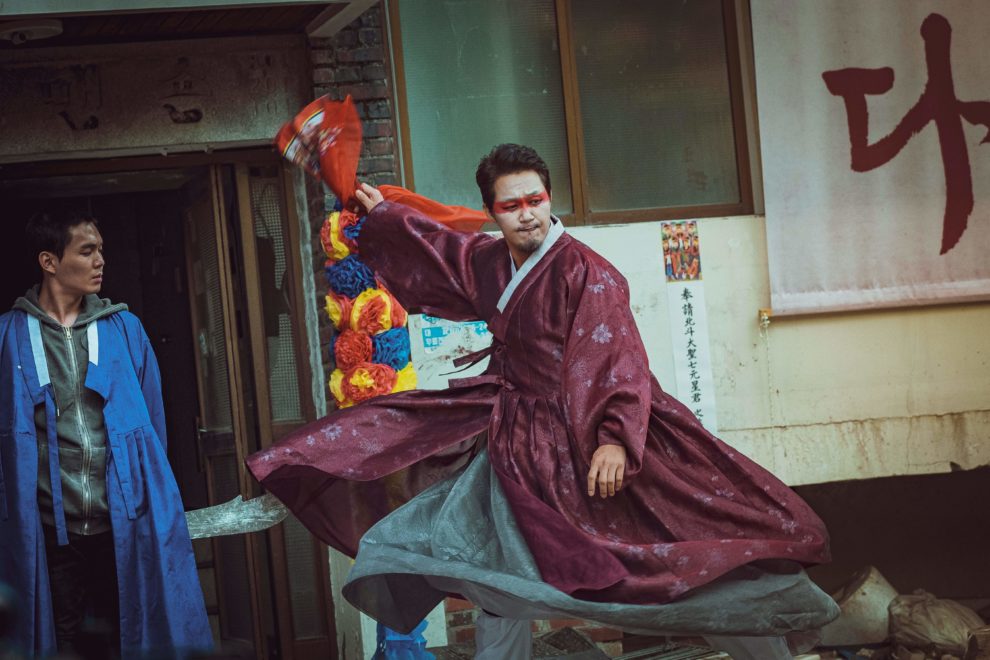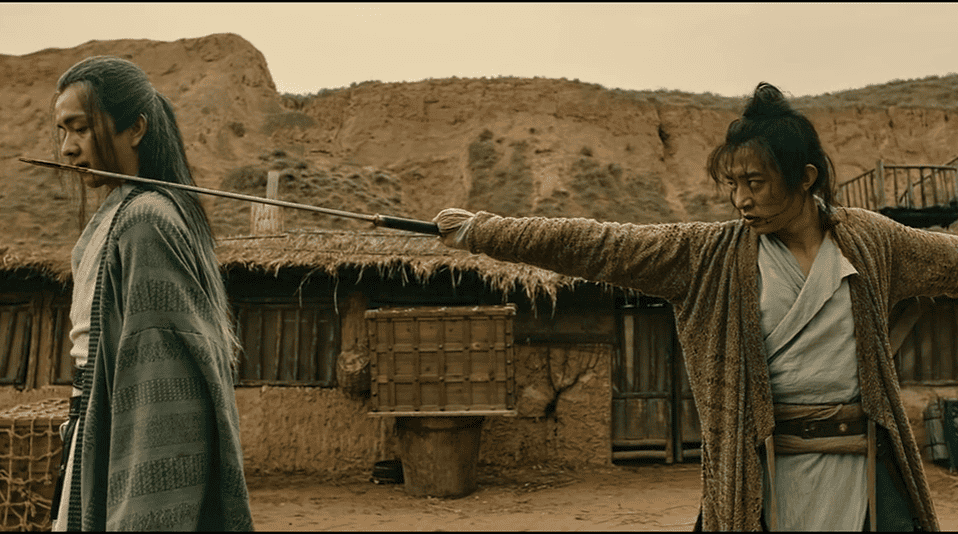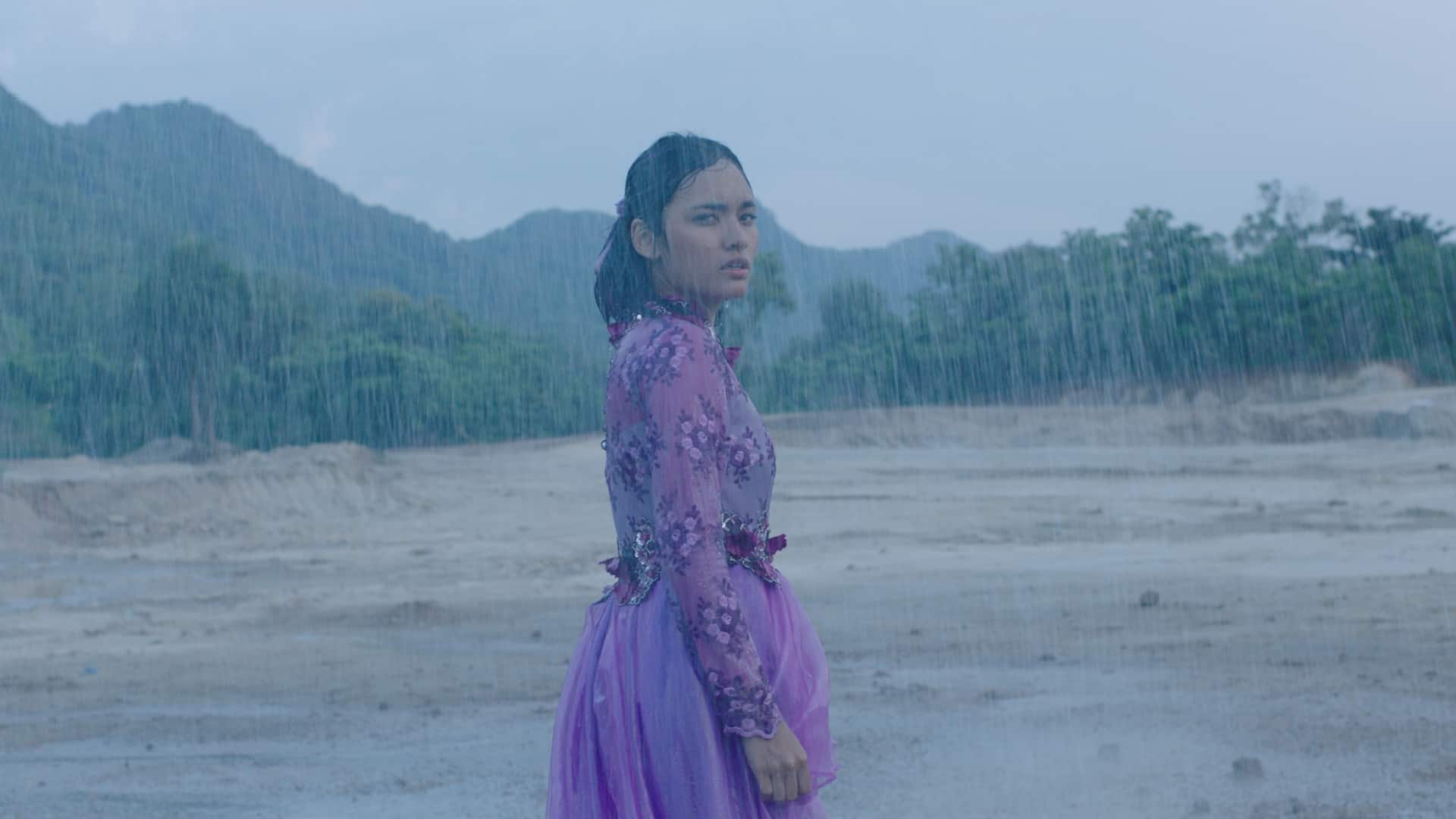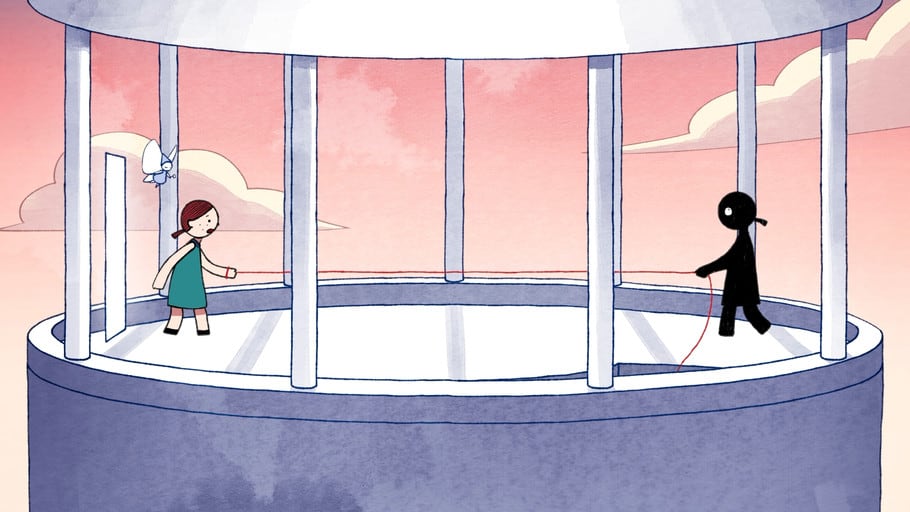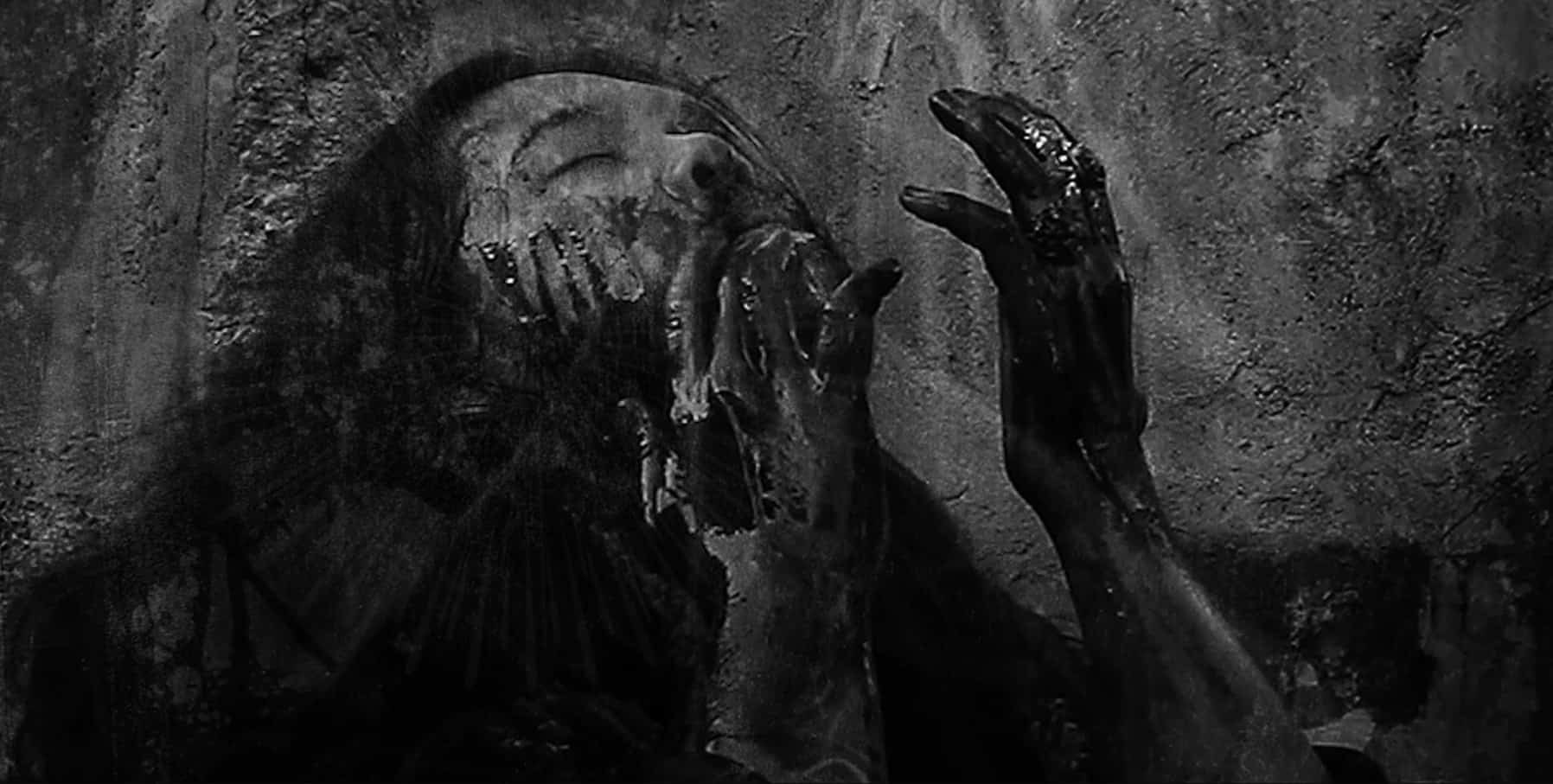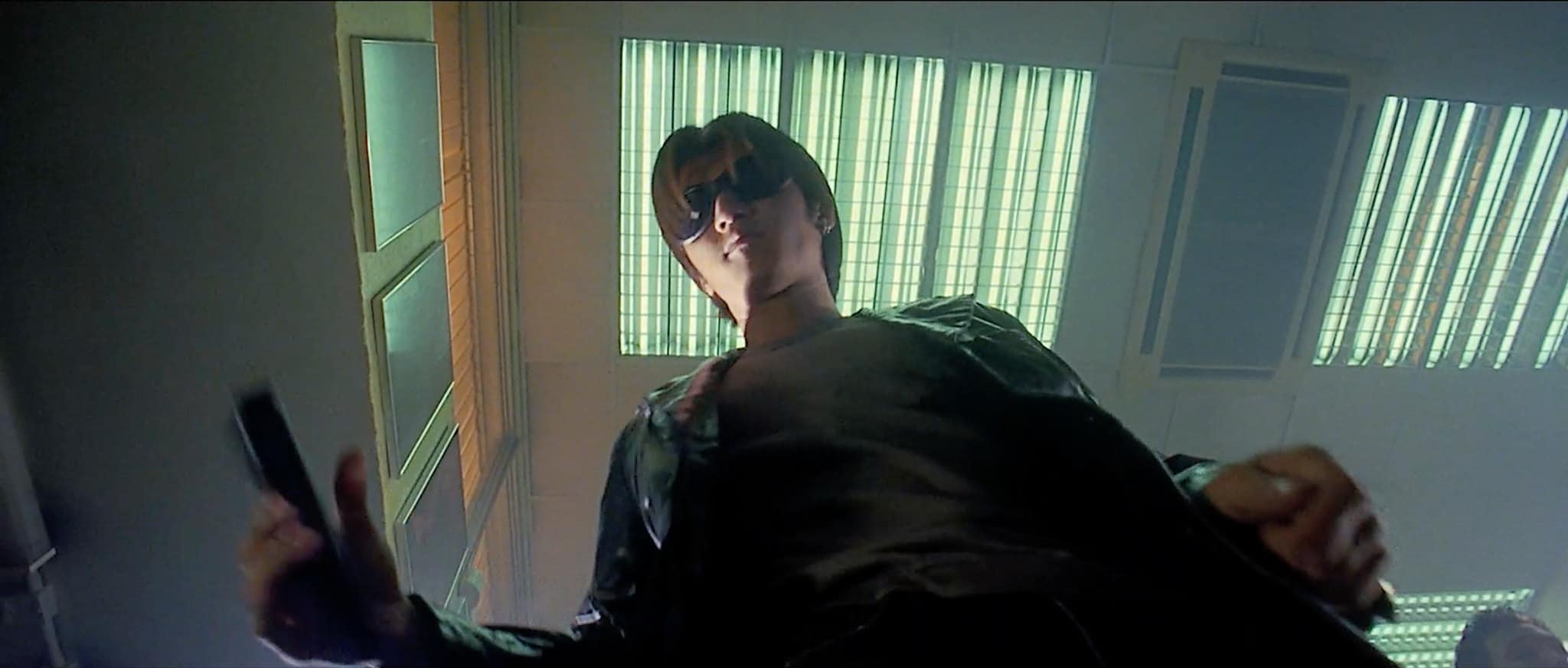Shamanism is a practice that is deeply embedded into South Korean culture for centuries. Often seen in effect in horror films dealing in the supernatural, very few films tap into the stories of the shamans themselves and how they become a shaman, specially in the modern age. That is exactly what first-time feature director Lee Han-jong attempts to do with “Daemuga”, a production that was near release in 2020 but had to be delayed due to the pandemic.
Daemuga is screening at Busan International Film Festival

Split into four parts, “Daemuga” is the story of three shamans and one district redevelopment project. Sin-nam is a trainee shaman who doesn't really have any psychic powers and bluffs his way into clients, when he meets a woman who wants a good shaman to help her talk to her deceased father. Eager to get the client who is ready to pay big money, he receives the Daemuga song, one guaranteed to be strong enough for possessions, from his teacher. However, when Sin-nam disappears during the ceremony, his colleague Chung-dam, who is a legitimate shaman possessed by a child God, decides to go to the bottom of the case and find Sin-nam, making him cross paths with Seong-jun, an ex-convict and a shaman way past his prime, and Ik-soo, a gangster who has invested interest in a district redevelopment project.
Lee Han-jong's dive into this hitherto unfamiliar world is an engaging one, showing various aspects of the practice. With Sin-nam's character, he exposes the many frauds and conmen that would no doubt be sprouting up, ready to take advantage of a person's belief and desperation. Just when you think that Lee is mocking the trade as an outdated one that probably doesn't have a place in modern society with this character, he takes us to part 2 of his story, which follows Chung-dam. This is a much more established and successful shaman, one who is able to put his money where his mouth is.
This juxtaposition of the two characters is an interesting one, but Lee never quite firmly puts his foot down and takes a stand either way regarding his own beliefs about the practices, even if he covers the range of people masquerading as shamans. In the third act, we are properly introduced to Seong-jun, a has-been way past his prime, who will do what he has to for his own financial benefit as well as for those he is involved with. In this act, and in the final one, we also get to see (for the umpteenth time in Korean cinema) how gangsters are explicitly involved in the real estate redevelopment projects, a story thread that could have possibly been worked a bit better to set it apart from others of a similar ilk.
The shamanic rituals have mostly been done to a scary effect in Korean cinema thus far, with a dark, chilling look to them, but “Daemuga” is actually interested in showing them in a good light and thus treats them how one would treat, say, the costumes in a historical film, with the shamans' traditional dresses and makeup bright and actually quite fetching. The overall cinematography too is similarly bright, with most of the rituals taking place in the daytime, for a change, taking away completely the dread that is usually associated with them. The music too has no frightening effect to it and is used efficiently.
Lee fills his star-cast with a number of competent and reliable supporting actors, the biggest name being Park Sung-woong's. The narrative has a lot of humour embedded within and Park is an actor who has in the past showcased his comic timing, which is yet again on display here. Ryu Kyung-soo has in recent years managed to impress with the wide range he possesses as an actor, with his characters being among the highlights in both “Hostage: Missing Celebrity” and “Hellbound” and he revels in the co-lead role of Sin-nam here. TV drama actor Yang Hyun-min, who has previously worked with Park Sung-woong in “Ok! Madam” gets ample opportunity to shine in a role that is sure to put the spotlight on him. Jung Kyung-ho is a fine actor but feels slightly miscast as the hard gangster Ik-soo.
Utlimately, there's entertainment to be had in “Daemuga”, which makes good use of satire and interesting characters to tell its story and shed light on shamanism as a practice and the people associated with it.


